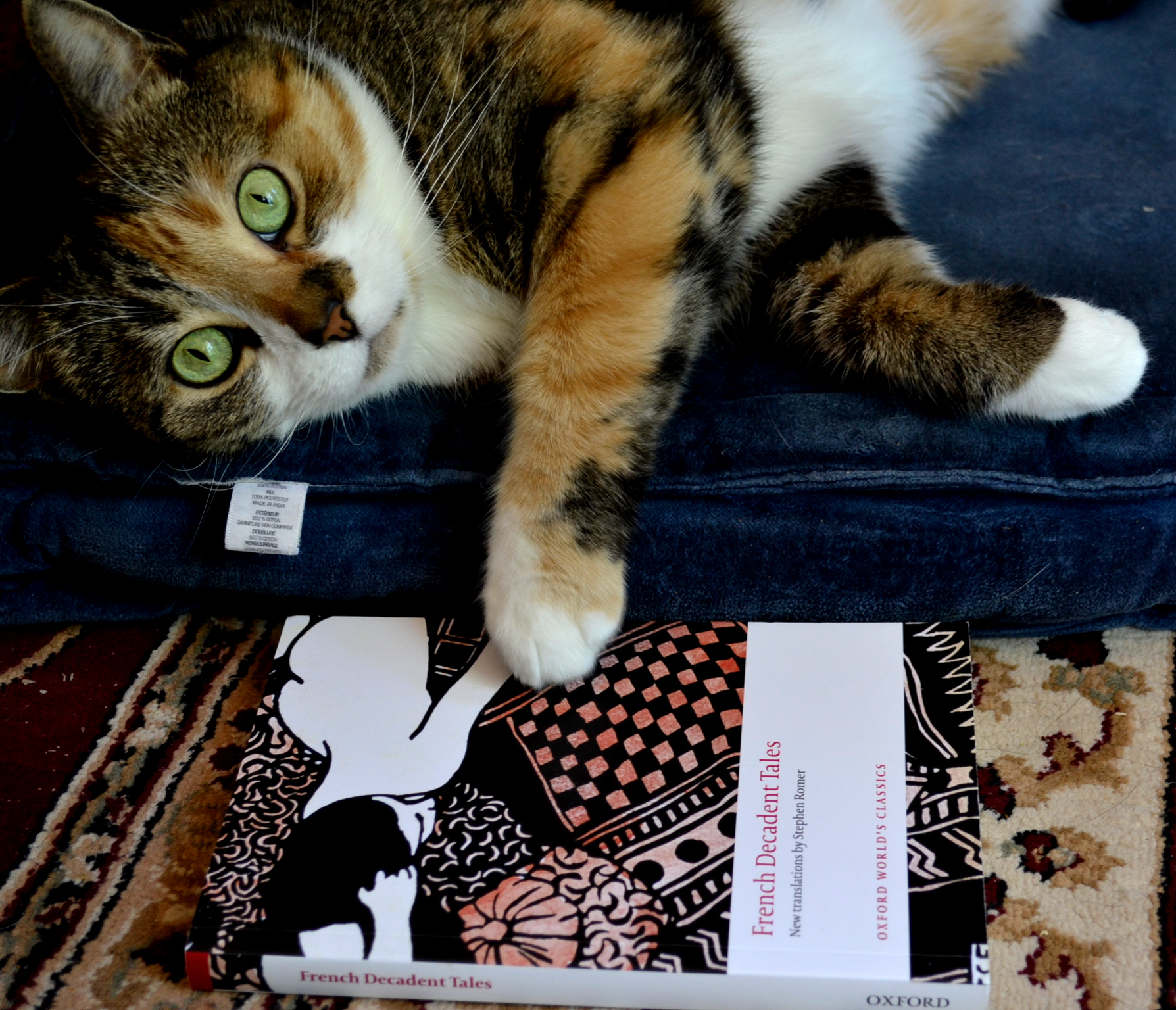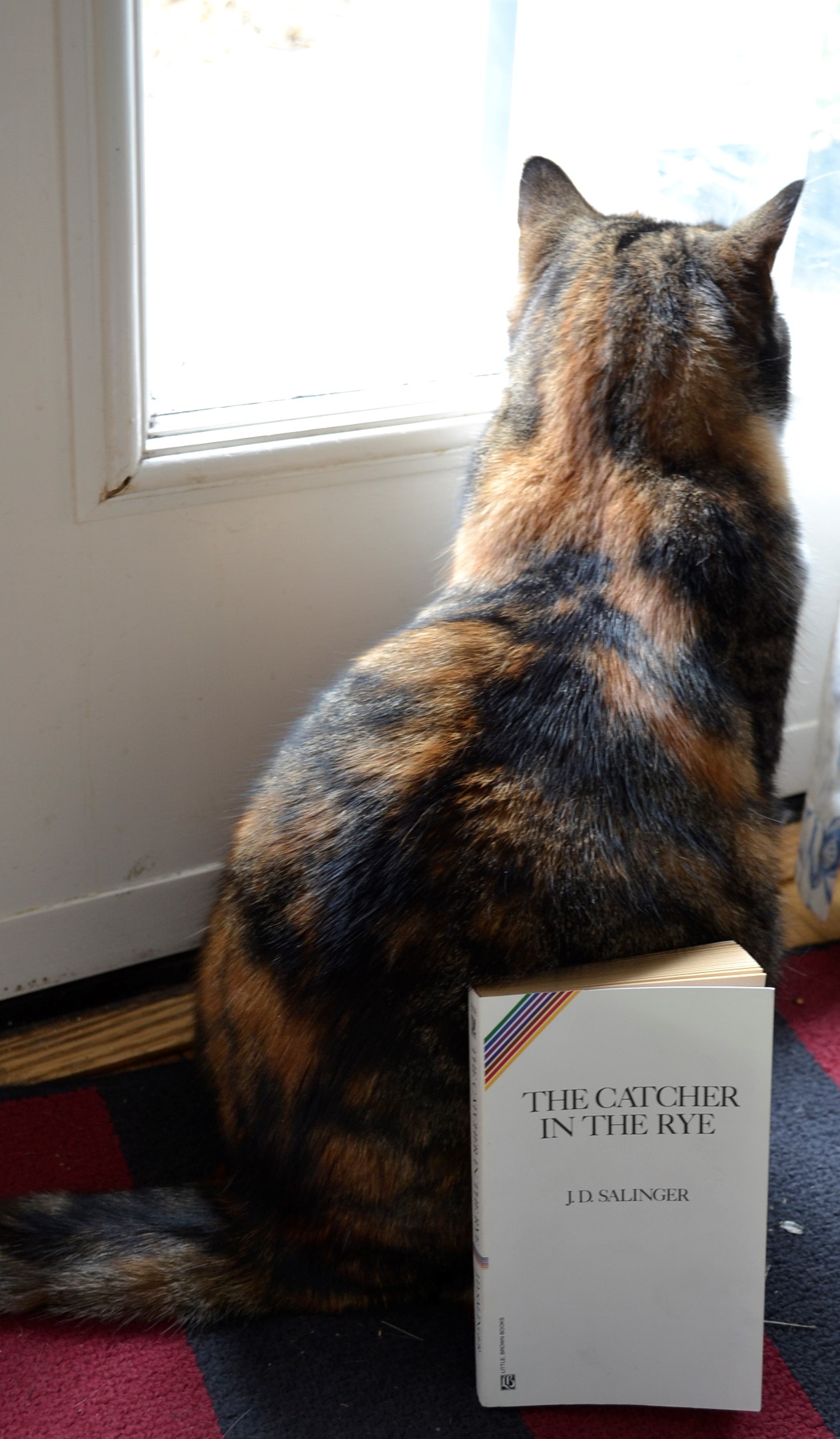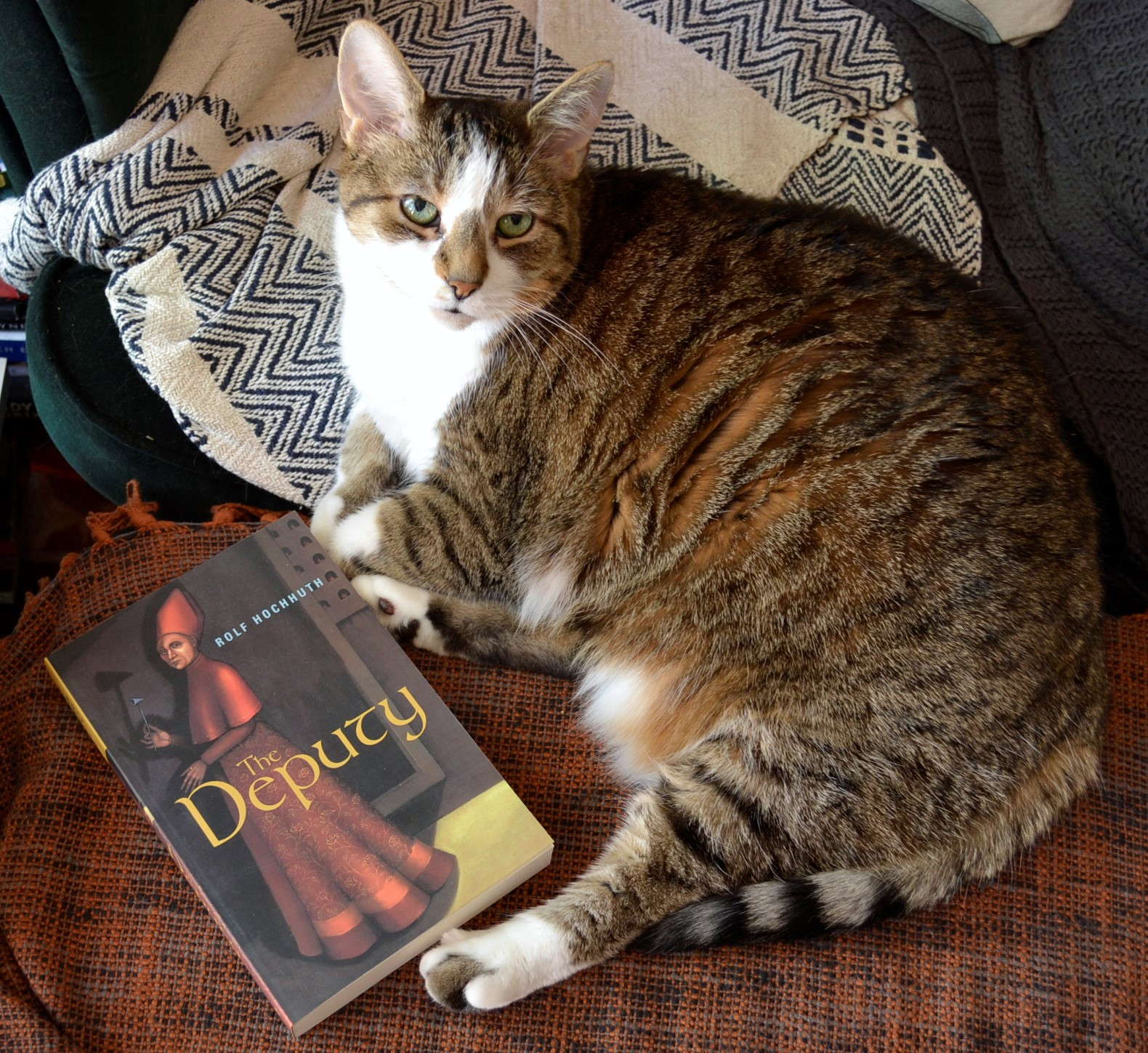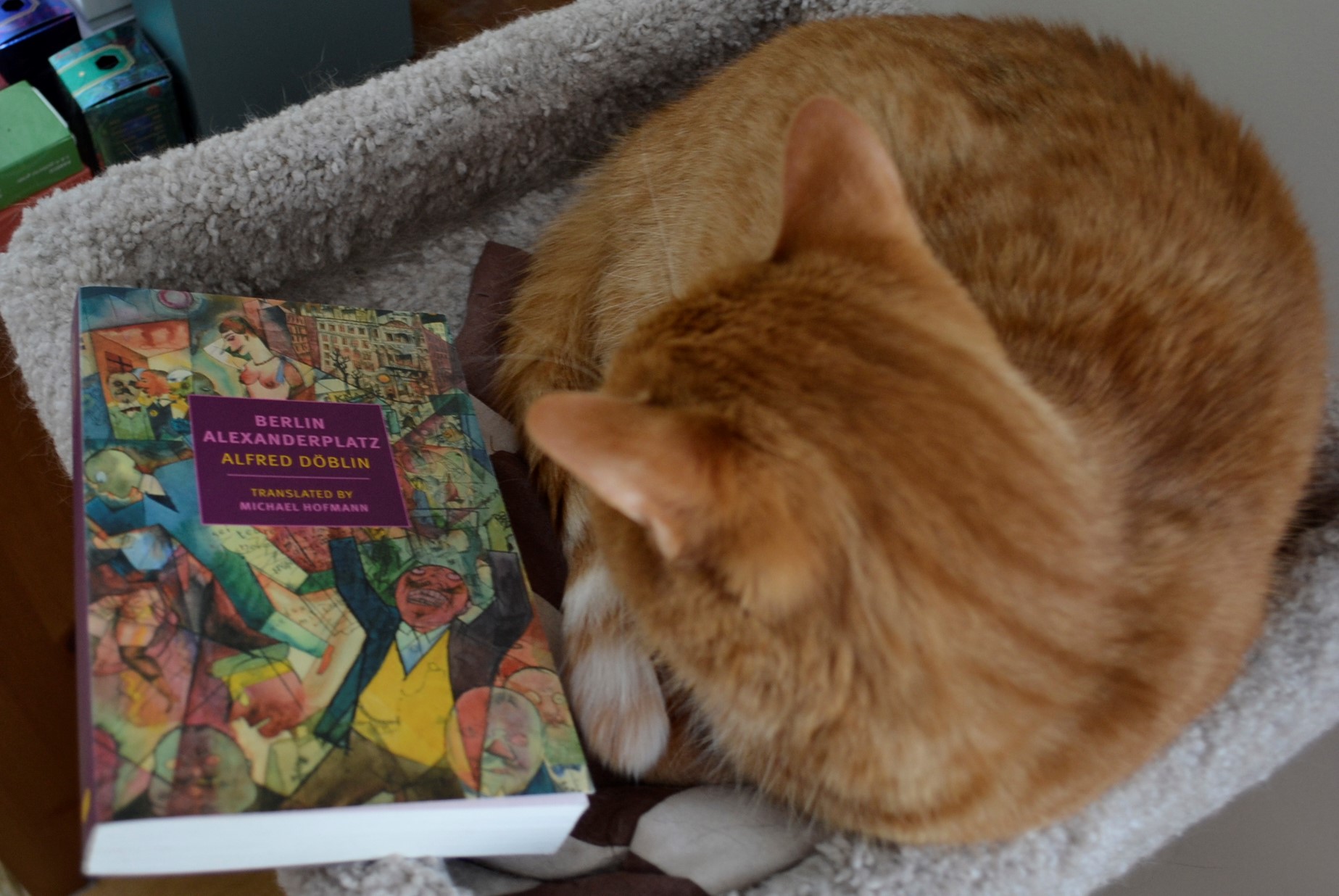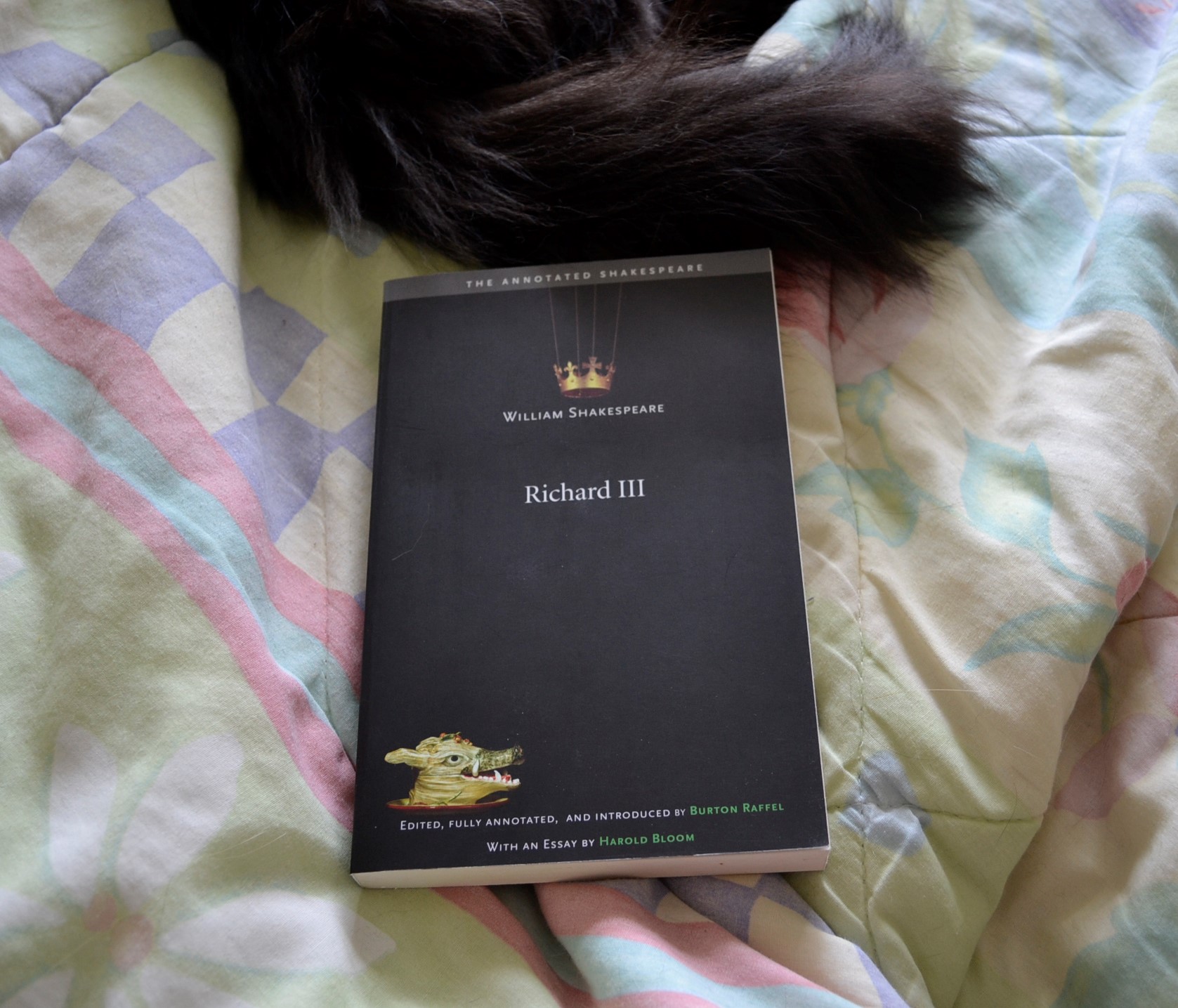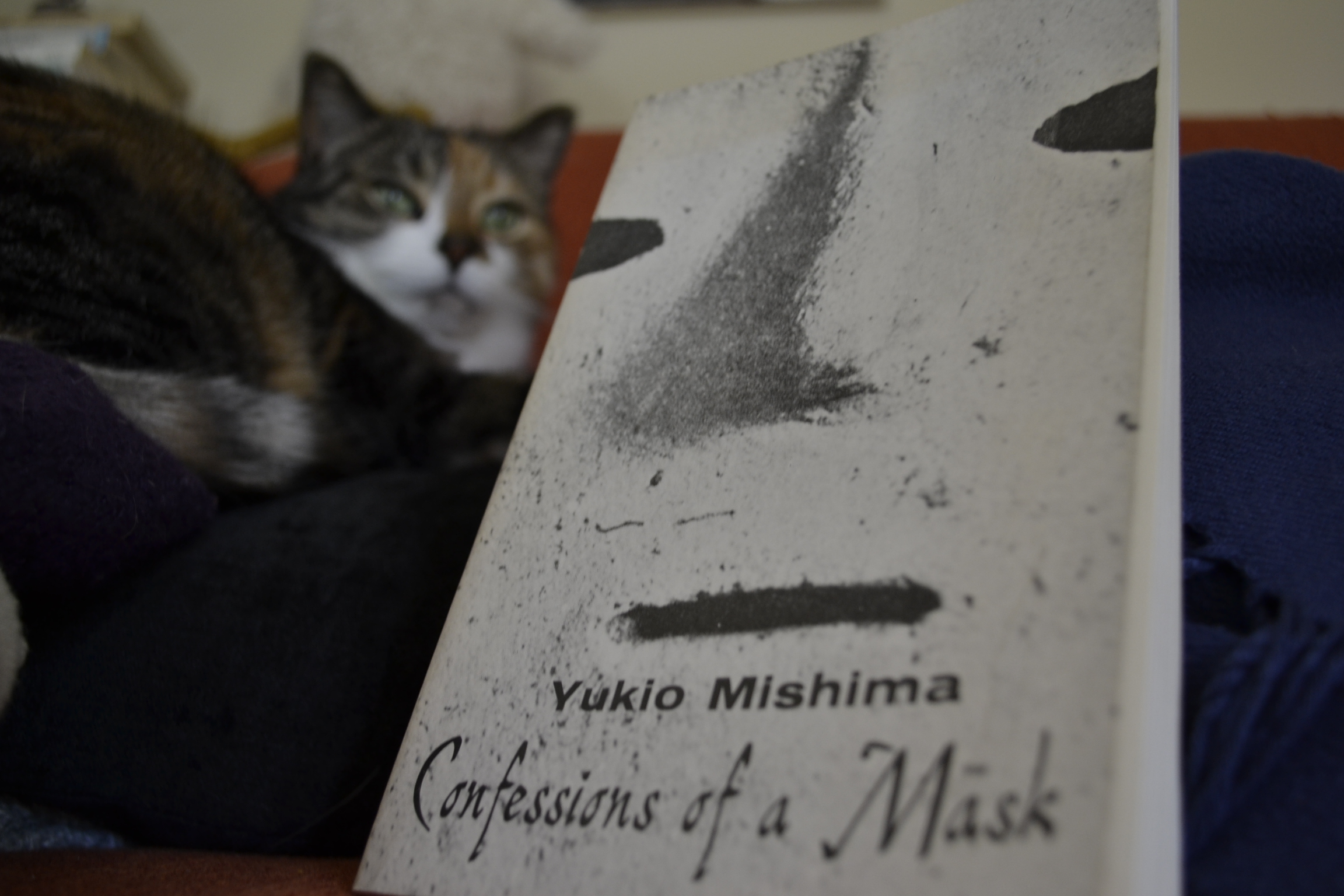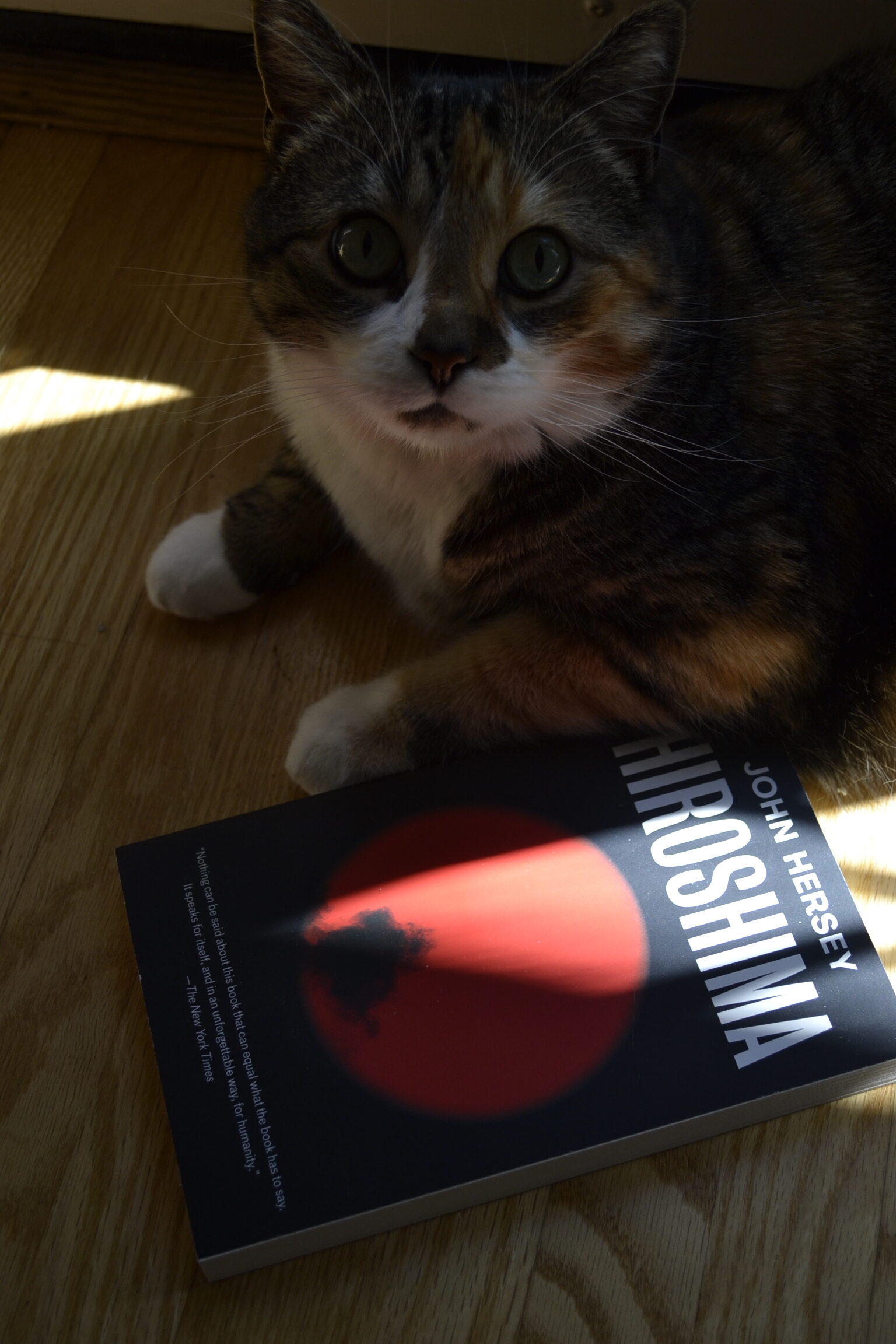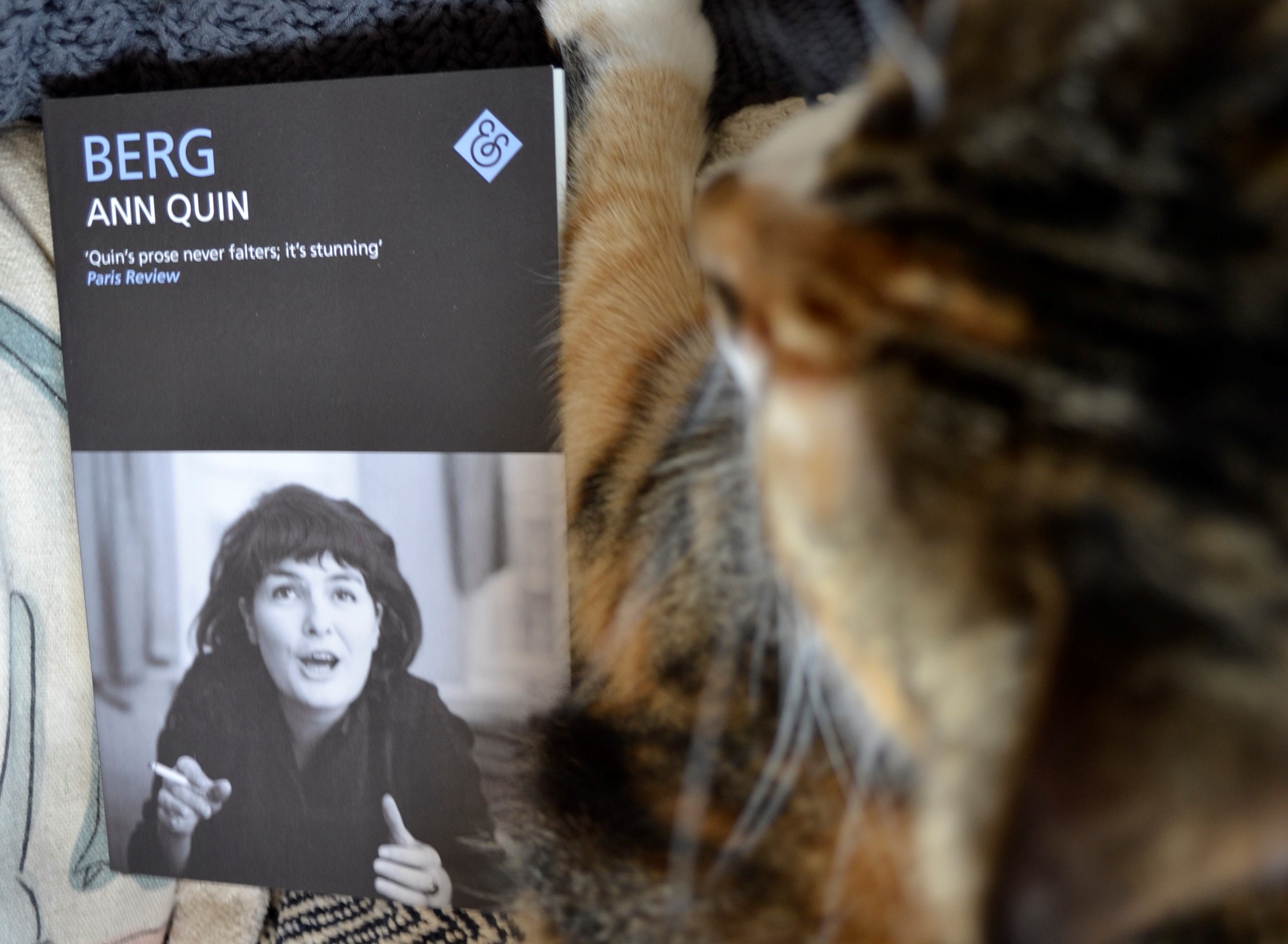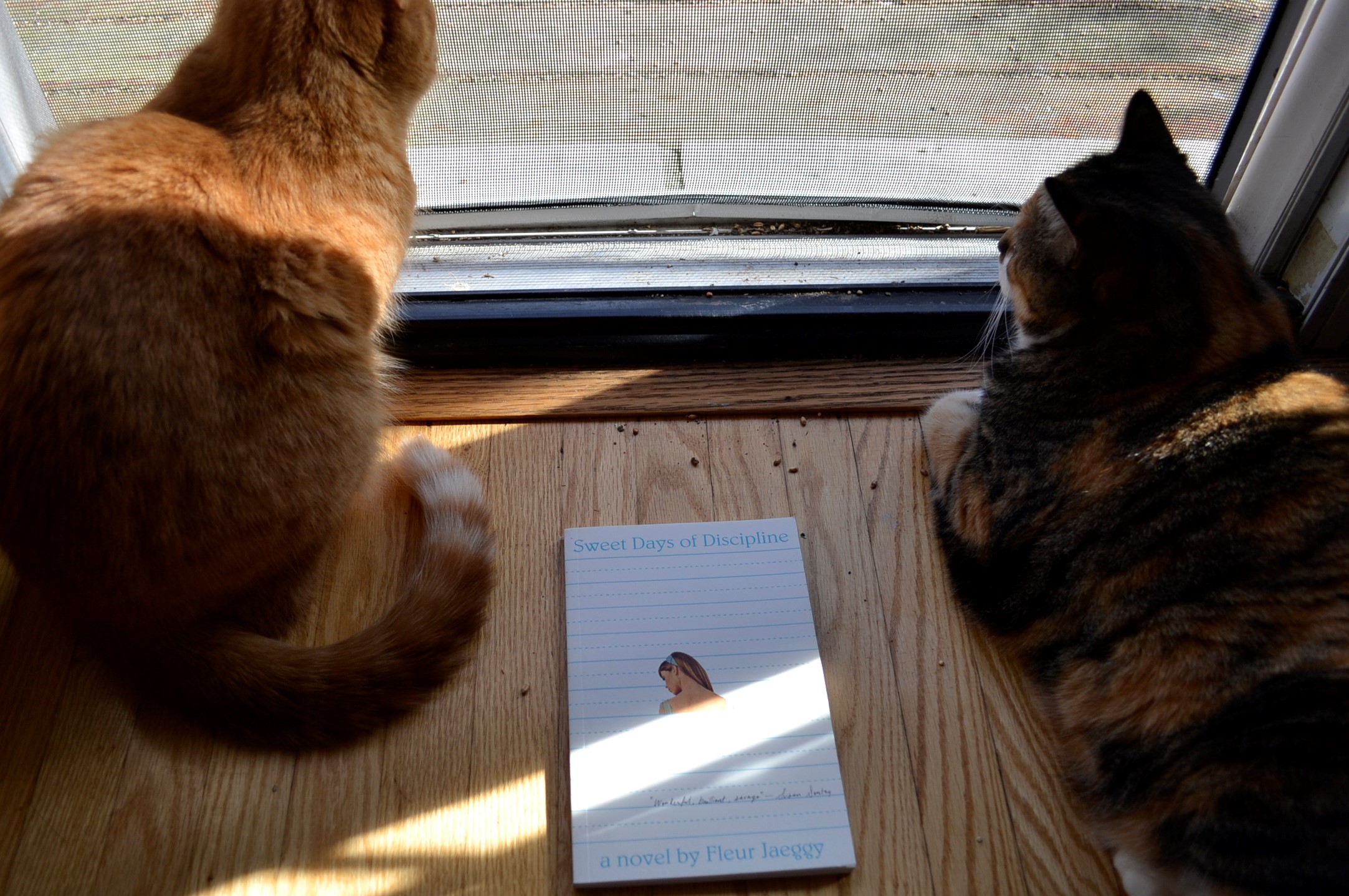French Decadent Tales
I saw the Oxford World’s Classics French Decadent Tales sitting on my local independent bookstore’s shelf and I got so excited. French Decadence was a movement that did so much to further the form of the short story in general, but it also has all of those dark stories to tell at twilight that I can’t get enough of.
